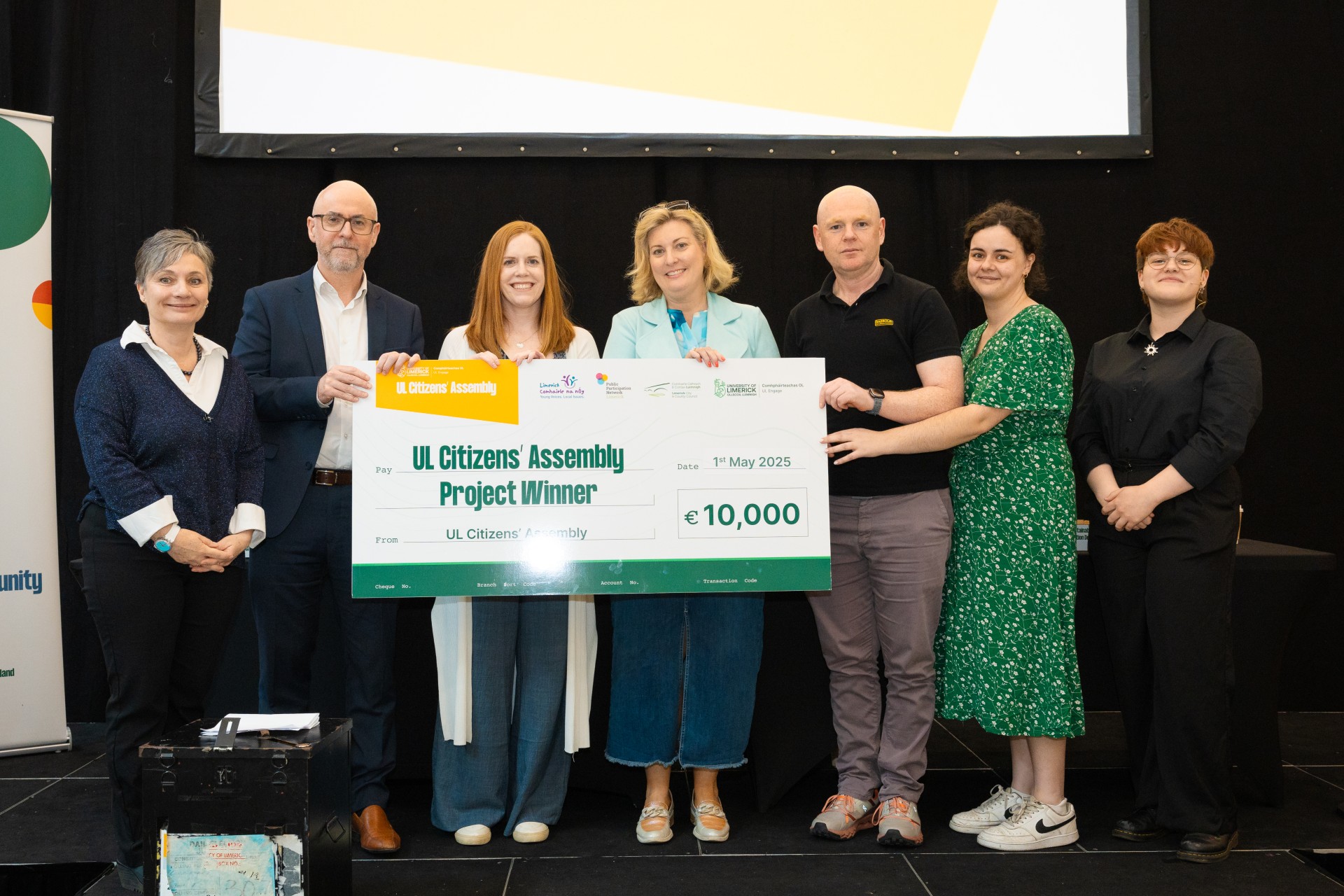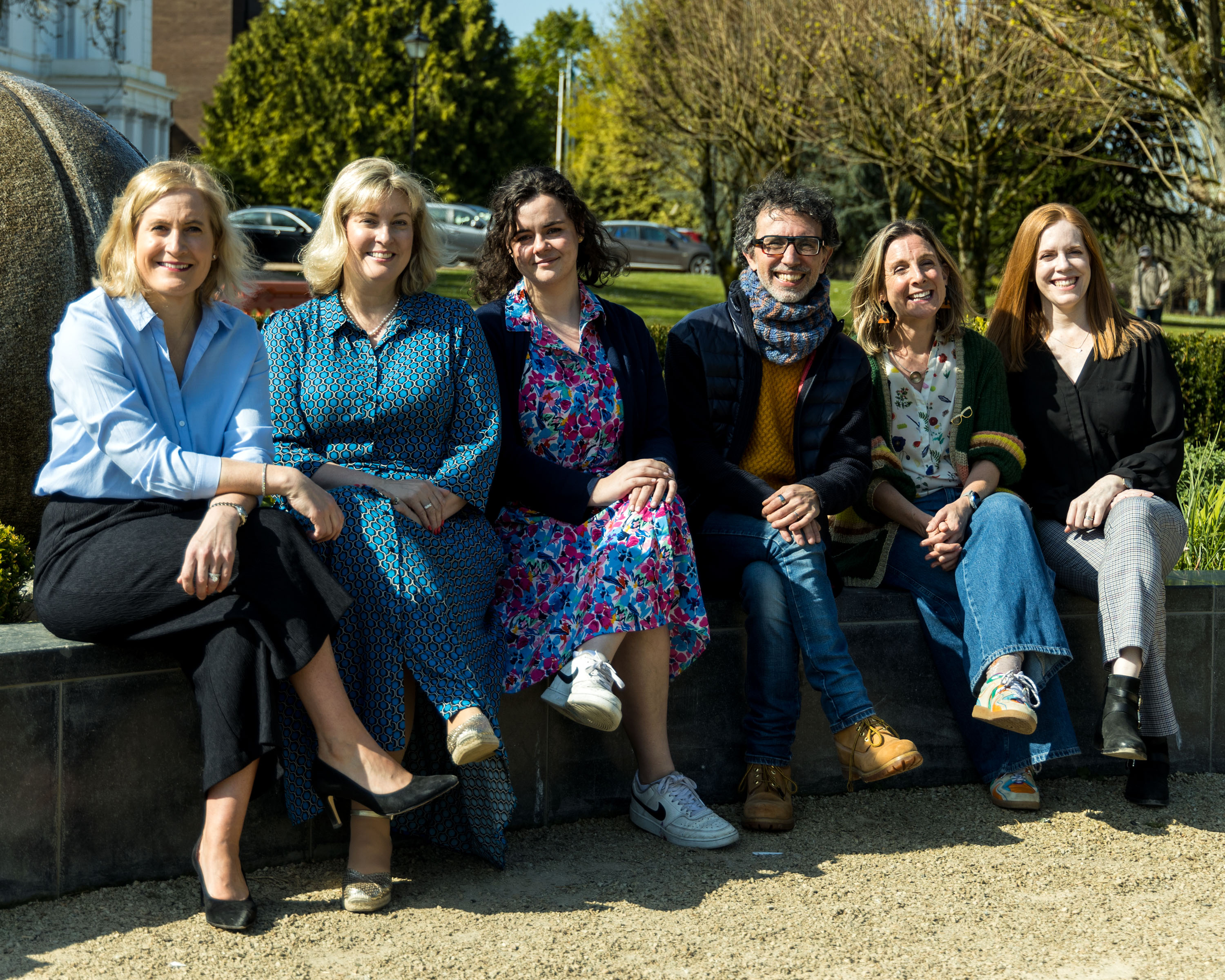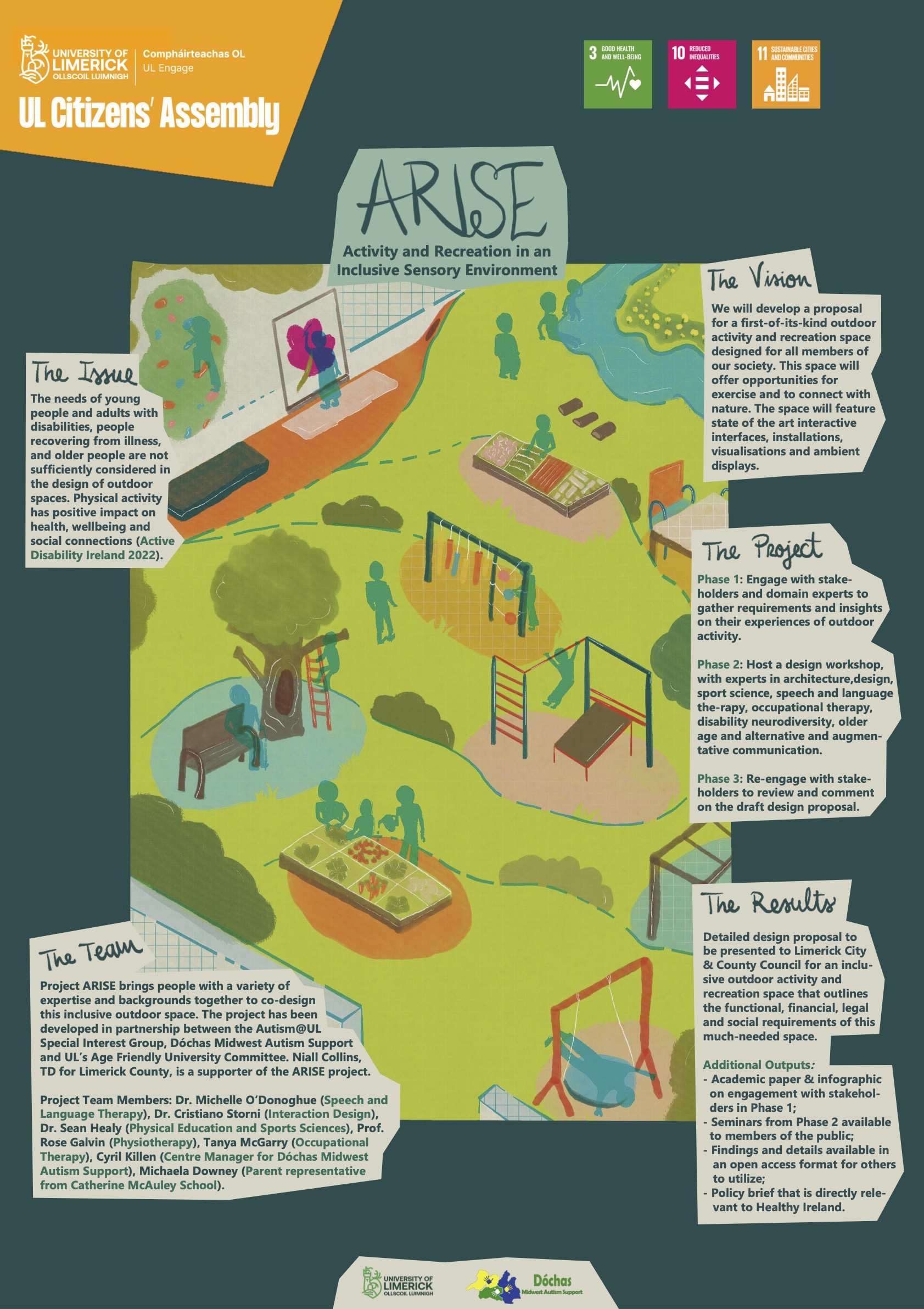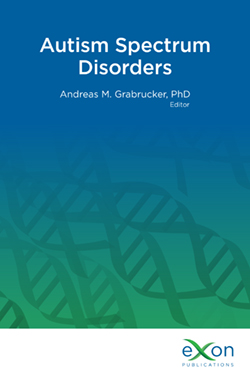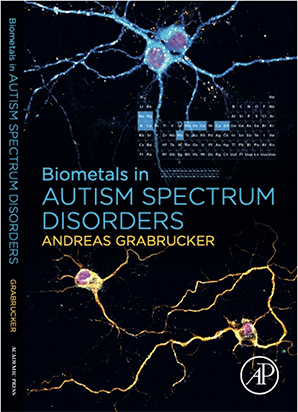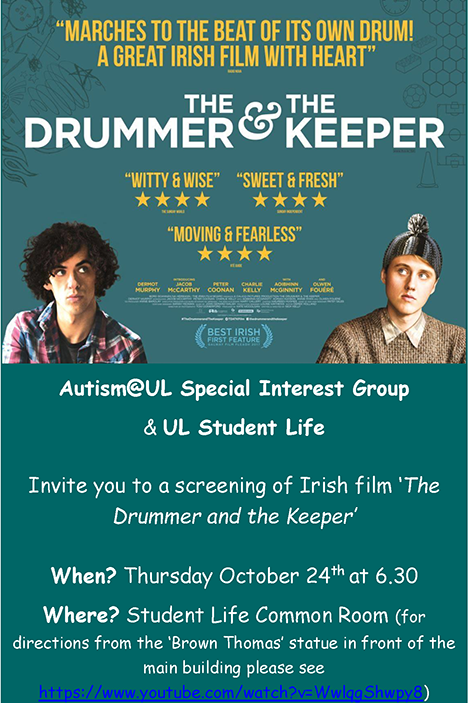The Faculty of Science and Engineering, Department of Computer Science and Information systems, is inviting applications from qualified and highly motivated students for a PhD position in the Interaction Design Centre sponsored by the Faculty of Science and Engineering.
The Interaction Design Centre is a multidisciplinary research group focused on the design, use and evaluation of interactive technologies in a variety of application areas including but not limited to health, education, cultural heritage, and collaborative work.
The scholar will be required to register for a Structured PhD. The Department of computer science will provide space and facilities. The Faculty of Science and Engineering will provide the candidate with a new Personal Computer. Terms and conditions will apply. The financial support of the faculty will not extend beyond four years, and it is subject to the satisfactory academic progression of the PhD scholar.
Short Description of the PhD Project
The project aims at identifying the role of tangible and physical computing in autism early intervention through the augmentation of physical objects and toys with computational and communicational capabilities. The overall research question is: How can we augment physical objects and toys with computational and communicational capabilities to support autism early intervention?
This project is critical of the growing enthusiasm application of touch-screens and screen-based interaction in various educational settings including early interventions in autism, and it argues for an approach to computing and interactive technology that augments physical objects and environments to better suit the expressiveness and richness of human interaction with the physical world.
The project intends to open up untapped possibilities to better suit the needs and the strengths of autistic children in both educational and domestic settings, and equip them and their carers with physical tools that could better support sensory integration, regulation, fine motor skills, hand-eye coordination, joint attention, language, social skills, etc.
Methodology
The research and design process is proposed to be iterative and human-centred starting with background research, followed by design explorations, with iterative prototyping and testing.
The project intends to design not only for those involved in autism early interventions, but also with them including but not limited to the children. In this sense, the candidate is expected to engage with various stakeholders involved in autism care and early intervention and use participatory methods, tools and techniques to design and evaluate proposed solutions. Of particular interest here is the translation of knowledge from early intervention (especially play-based therapy, strength-based and child-led approaches) to participatory research and design in HCI.
Supervisory Team
The project will be supervised by Dr. Storni, lecturer in Interaction design at the Department of Computer Science and Information Systems. Dr. Salsberg, senior lecturer in Primary Healtcare research - public and patient involvement (PPI) in the School of Medicine will act as joint supervisor. The candidate is expected to join and work in close collaboration with the Autism@UL Special Interest Group at the University of Limerick (
https://ulautismsig.ul.ie/). The Autism@UL SIG is an interdisciplinary group of people with an interest on autism and autism research: researchers, therapists, family members, autistic students and staff, as well as representatives of autism family organisations in and around Limerick. Within UL the group includes senior Principal Investigators, early career researchers and PhD students from across the University’s faculties and institutions including the Bernal Institute, CSIS, Education, Health Research Institute, the School of Allied Health, KBS and PESS. The SIG will offer access to professionals expertise, family experiences and autistic individuals perspectives.
How to Apply
Applications must be submitted via email to
Cristiano.storni@ul.ie.
Deadline for submission has been extended to the first half of 2023. Applications will be processed on an ongoing basis. Shortlisted candidates will be called for interview early September 2022. Applications must be submitted as a single PDF file, in English, including:
A Curriculum Vitae, including scholarly publications if available;
A motivational statement (max two pages) explaining why you applied, how your research interest fit with the project, how the Interaction Design Centre and UL could foster your career development; and describing your skills and areas of expertise;
Names and contact information for 2 academic referees;
A portfolio of works or a writing sample;
Copies of University degree or study transcripts.
Starting date should be no later than December 1st 2022.
UL is an equal opportunities employer. Work at UL includes respectful treatment of each other, with gender, nationality, religion, disability, age, cultural origin, and sexual identity playing no role.
The ideal candidate:
Offers a balance between social research and design/prototyping skills in Human Computer Interaction and Experience design;
Has a strong master’s degree in computer science or another area related to Human-Computer Interaction,
Has excellent written and oral communication skills,
Has excellent software and/or hardware skills,
Is familiar with, or interested in autism, intervention, and physical computing,
In the spirit of participation and inclusion, we warmly invite applications from neurodiverse candidates.
